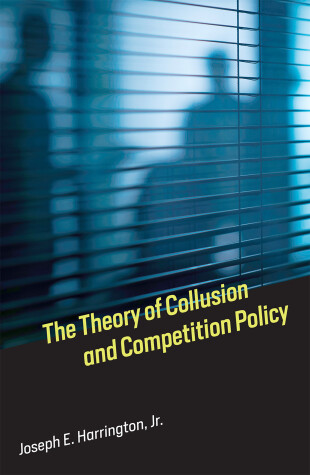A review of the theoretical research on unlawful collusion, focusing on the impact and optimal design of competition law and enforcement.Collusion occurs when firms in a market coordinate their behavior for the purpose of producing a supracompetitive outcome. The literature on the theory of collusion is deep and broad but most of that work does not take account of the possible illegality of collusion. Recently, there has been a growing body of research that explicitly focuses on collusion that runs afoul of competition law and thereby makes firms potentially liable for penalties. This book, by an expert on the subject, reviews the theoretical research on unlawful collusion, with a focus on two issues: the impact of competition law and enforcement on whether, how long, and how much firms collude; and the optimal design of competition law and enforcement.
The book begins by discussing general issues that arise when models of collusion take into account competition law and enforcement. It goes on to consider game-theoretic models that encompass the probability of detection and penalties incurred when convicted, and examines how these policy instruments affect the frequency of cartels, cartel duration, cartel participation, and collusive prices. The book then considers the design of competition law and enforcement, examining such topics as the formula for penalties and leniency programs. The book concludes with suggested future lines of inquiry into illegal collusion.
- ISBN10 0262036932
- ISBN13 9780262036931
- Publish Date 16 November 2017
- Publish Status Active
- Publish Country US
- Publisher MIT Press
- Imprint The MIT Press
- Format Hardcover
- Pages 144
- Language English
- URL https://penguinrandomhouse.com/books/isbn/9780262036931
